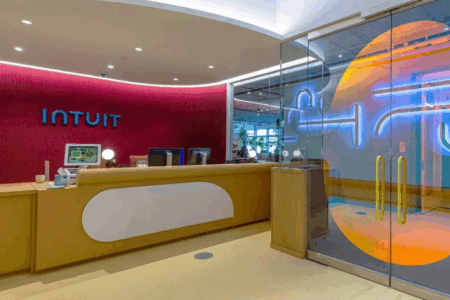This series on investment risks continues with a discussion of the political risks affecting a company.
You can refer to the first two parts of this series HERE (Part 1) and HERE (Part 2).
History of political coups or upheavals
The risk of a political coup or displacement cannot be underestimated.
Investors may suffer painful lessons should their investments be affected by such events.
The key is to study if a country has a history of political instability and also assess the chances of it occurring again soon.
For example, Thailand has had a total of 12 military coups since 1932, which works out to be an average of one political coup every six to seven years.
Libya is another country which has its share of political problems and civil wars.
A major coup broke out in 2011 that ultimately led to the ousting of then-dictator Muammar Gaddafi.
Back in 2018, Malaysia also saw a political defeat of the ruling Barisan Nasional, which had run the country since independence in 1957.
And just last week, protestors overran the residence of President Gotabaya Rajapaksa of Sri Lanka, forcing him to announce his resignation as unrest continues to simmer.
Investors should be mindful of their exposure to countries with political changes and ensure that the companies they own are not overly reliant on government contracts or projects.
Political wrangling or stalemate
Countries with frequent political wrangling may also lead to a loss of investor confidence.
As investors withdraw their money from the country, their actions will affect companies that operate within.
Such countries may have coalition governments with stalemates, whereby policies cannot be easily passed.
They may also have a political process with excessive red tape, resulting in stalled processes and frustrated investors.
Delayed infrastructure projects would be a direct result, and construction companies that hinge on such projects may inevitably face financial pressure.
Quick or sudden change in policies
Another aspect of political risk is when policies or regulations for specific industries or sectors change abruptly or without warning.
Some examples could include disallowing foreigners to purchase land and buildings or the sudden imposition of punitive taxes on certain categories of items.
The government may also increase scrutiny concerning the production, sale and distribution of certain categories of items.
A recent example of this is the Chinese government’s crackdown on a wide variety of industries from private education providers to technology companies such as Alibaba Holdings (SEHK: 9988).
History of minority persecution
If a country has a history of persecution against minority races, it may signal that the government there is neither competent nor dependable.
Investors would be doing themselves a favour by staying away if this is the case.
Stay tuned for part four where we will look at the economic risks surrounding a company.
In a recession…should you buy blue chip companies? Or will REITs be a better investment vehicle? These are questions every investor might ask today. And these are what we’ll be answering in our upcoming webinar “How to make money during a recession”. Come prepared as you migh walk away with insights that could make you even more money than during a bull market. Reserve a FREE seat here!
Follow us on Facebook and Telegram for the latest investing news and analyses!
Disclaimer: Royston Yang does not own any of the companies mentioned.




